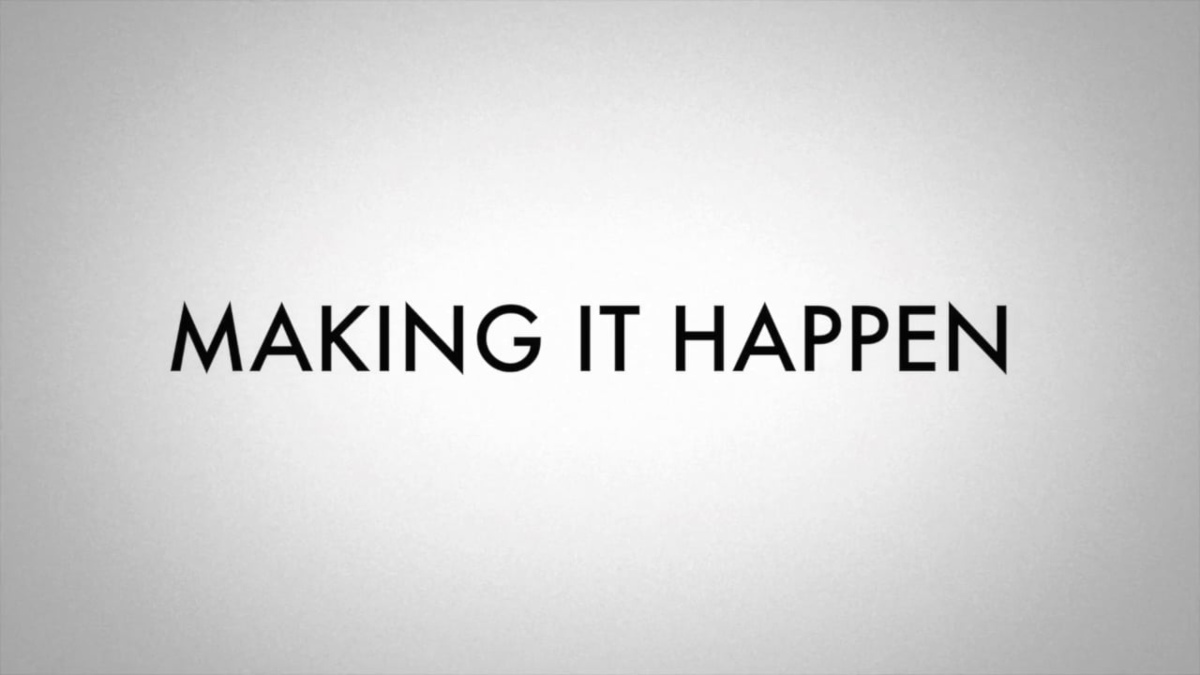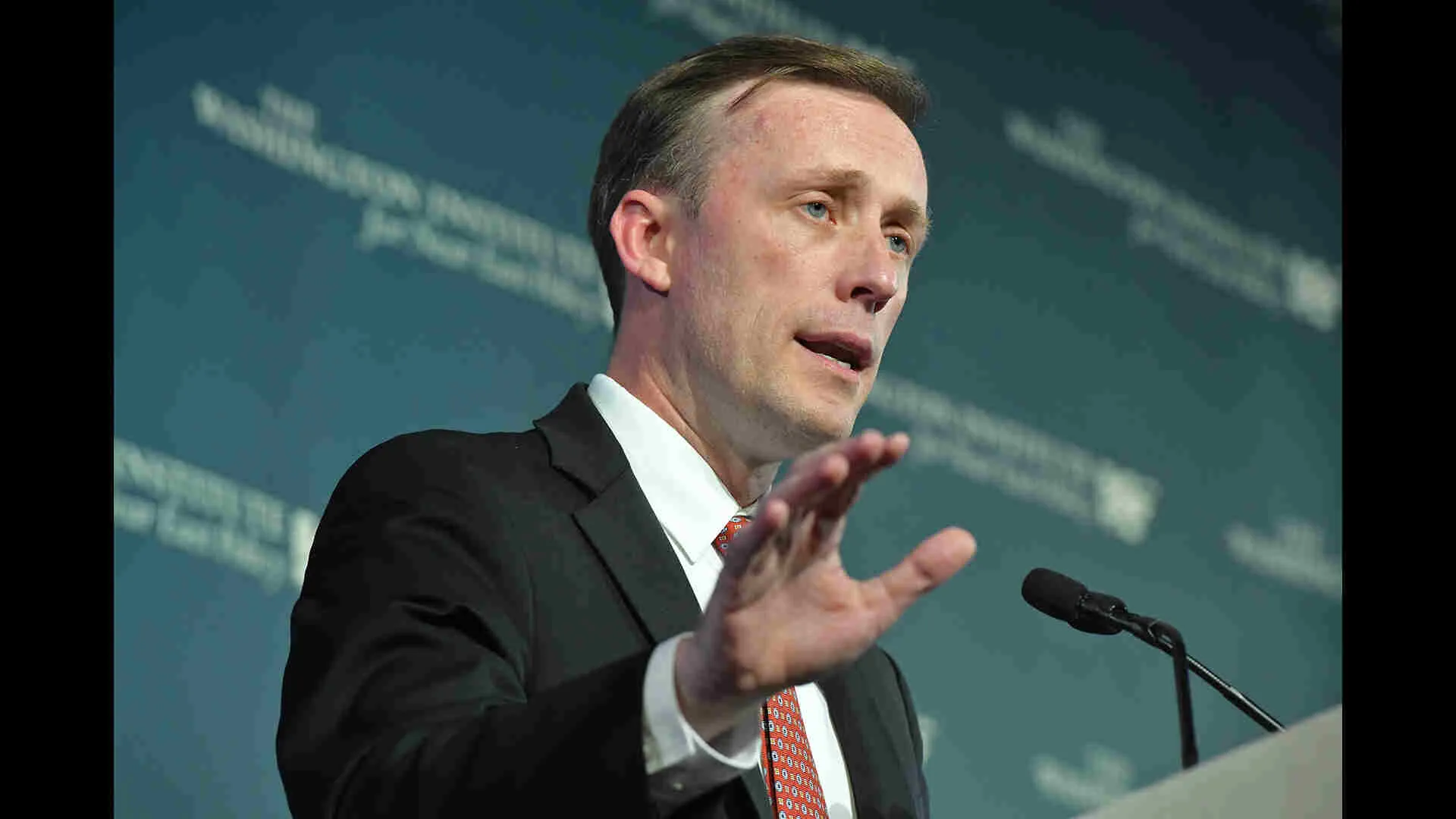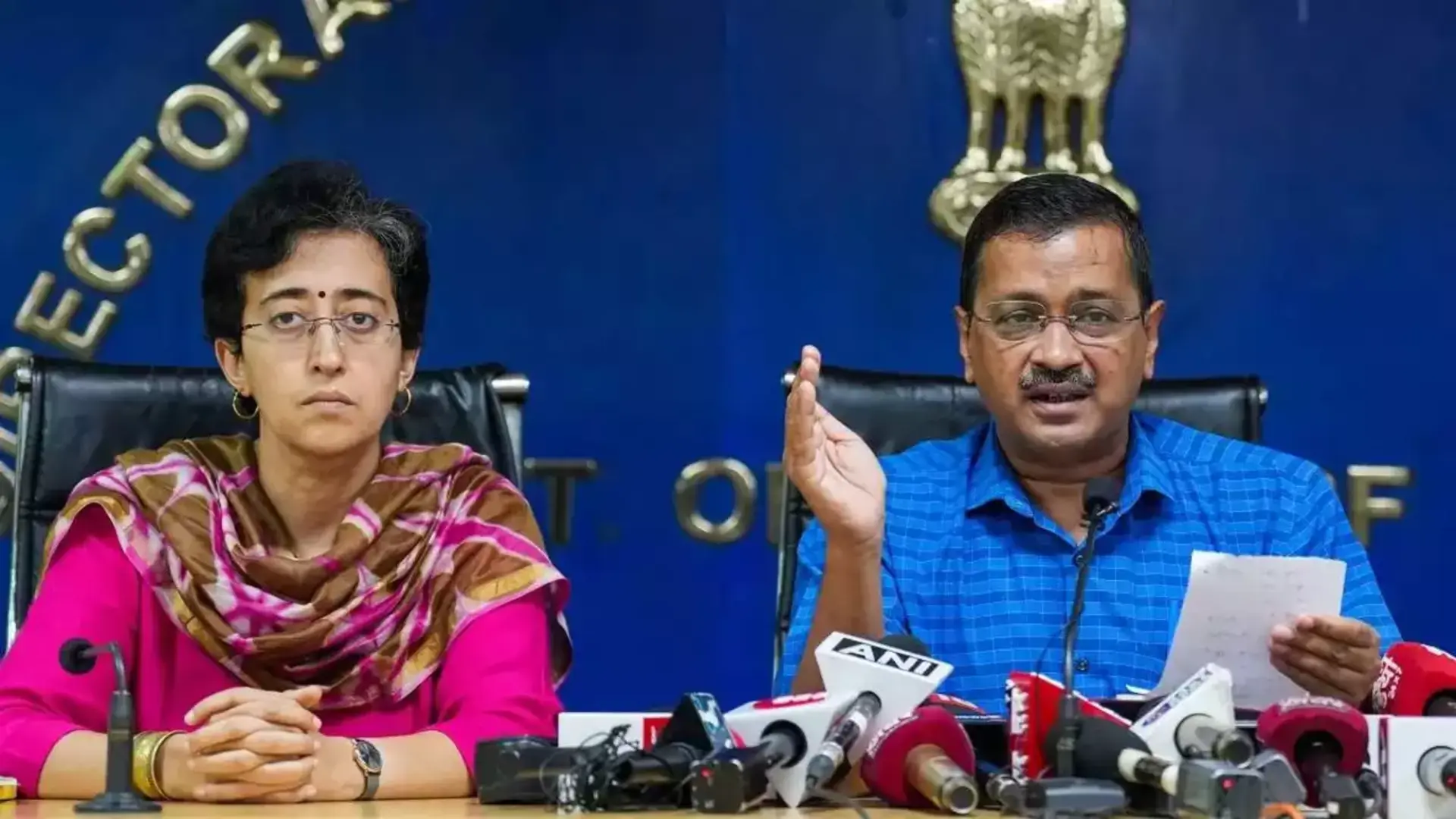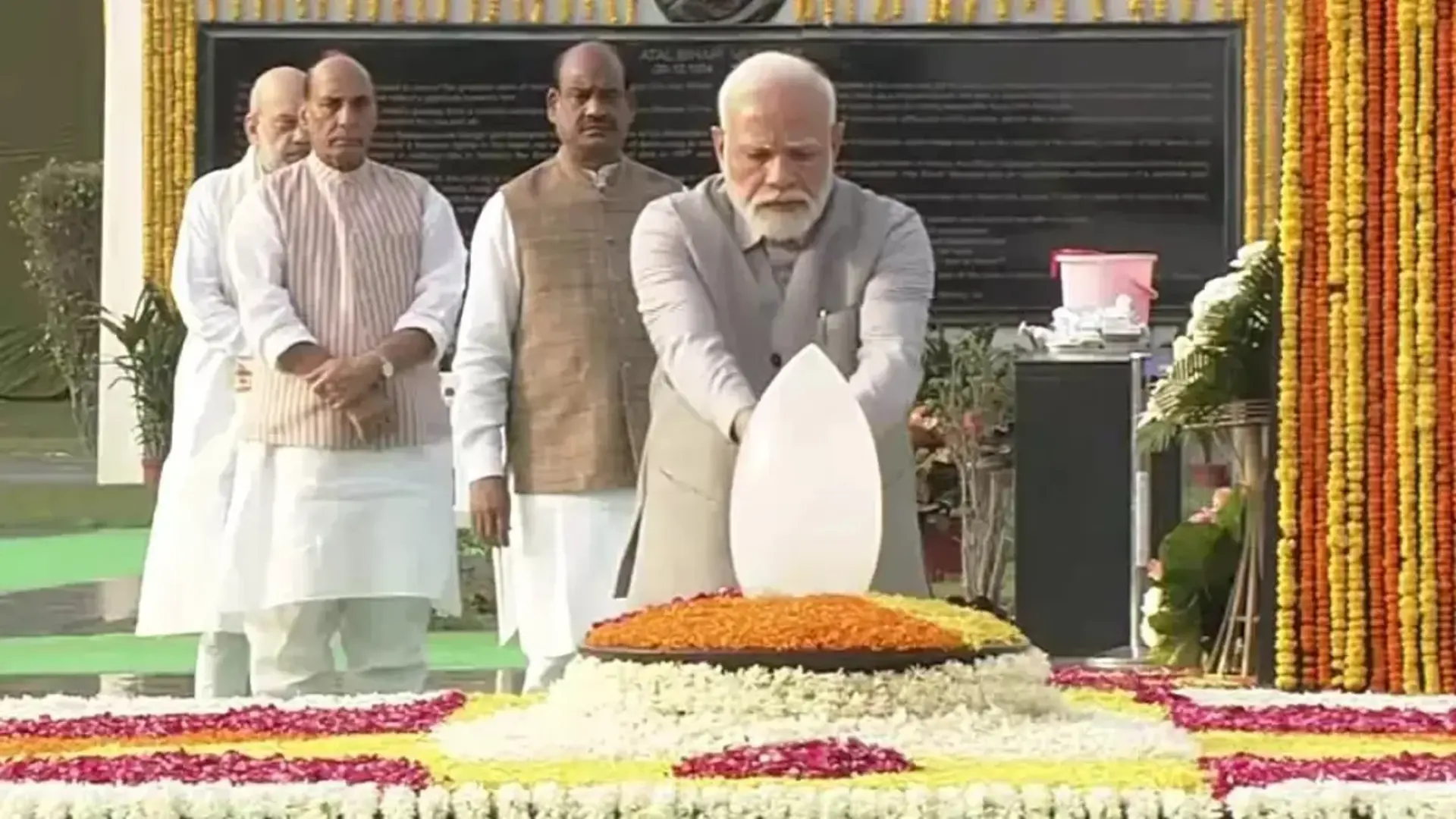THE 5 C S
‘Why to blame only netas, 5Cs also hinder decision making’: Coal Secretary.
This was the headline of a leading daily that generated a tsunami of reactions. Perhaps almost everyone felt it, but no one had the courage to state it. It all began with small comments that I made on Facebook and Twitter:
‘Pace of development is not so much impacted by the dishonest as by inhibiting factors that prevent the honest from taking decisions.’
This was in 2016 and I was posted as Coal Secretary, Government of India. I truly believed in what I had mentioned, and it went viral on the net though it was still a storm in the teacup. However, the subsequent explanation on the Facebook caused the reaction as it impacted the holy cows of governance in the country:
‘We very conveniently blame politicians for all the ills. However, isn’t it true that 5 Cs (namely CBI, CVC, CAG, CIC and Courts) contribute substantially in creating an inhibiting environment for quick and effective decision making that impact development? Ironically all these institutions are not occupied by politicians but by civil servants.’
There was a deluge of reactions, almost all of it in support of the aforementioned statement. A former Cabinet Secretary remarked, ‘Anil Swarup is spot on. To make matters worse, the C’s have begun playing more and more to the gallery in the last few years.’ A Secretary, known to be close to the powers commented, ‘You have made very bold statement on FB. Kudos!’ Another Secretary was equally forthright, ‘A truly bold statement, Anil. Cheers! You are changing the images of ‘bureaucrat’.’ An ex-ambassador to the World Trade Organization (WTO) quipped, ‘Well done, Anil. You have hit the nail squarely on the head.’ A retired IPS officer who had worked with the CBI agreed with the statement, ‘With my fairly long experience of CBI, I fully endorse the view of Anil.’ Another IPS officer, heading a central paramilitary force, also commented, ‘He’s correct…We have often discussed this point. Ours is the only country where the aforesaid entities, rightly called commentators, are considered more important than players! Or, put differently, conductors of post-mortem more important than the doctor carrying out the diagnosis.’
Interestingly, one of the Cs mentioned was the CAG. An Ex-DG, CAG went on to congratulate me for raising the issue, ‘Congratulations … for raising pertinent issues hindering good and fast decisions in Government.’
Some Cabinet Ministers rang me up to congratulate me for raising the issue.
I had flagged an issue while I was still in service. Some of the persons manning these institutions had gone overboard to ‘play to the gallery’, killing initiative amongst those they left behind in the civil service and rendering decision making increasingly more difficult. No wonder governance suffered and continued to suffer from the devastation caused by a CAG in the not-so-distant past and the likes of him. This was palpable in the Ministry of Coal where I sought to construct something after the massive destruction caused by the demolishing squad.
It wasn’t easy in the year 2014 after what had been done by a marauding CAG who secured all the limelight and subsequent benefits by “miscalculating” the loss to the national exchequer. The details have been outlined in ‘Ethical Dilemmas of a Civil Servant’ wherein it is stated that “The CAG had rightly claimed in his book, ‘Not Just An Accountant’ that he wasn’t just an accountant. However, in fact, he reported just like an accountant with devastating consequences. His miscalculations virtually ruined the coal sector”. Worse damage was done to the psyche of civil servants. The “Rai effect” was quite devastating. Officers started adopting a non-committal approach on important files. They started playing safe. The country has yet to recover from the this “effect”
The post-mortem of files done by the CBI and CVC also inhibit officers from committing themselves on the files. Ironically, civil servants who have been through the grind, man these organizations but when they examine files in their new ‘avatar’ they become totally oblivious of the context in which the decisions get taken. Moreover, they revel in the hindsight wisdom they acquire in these positions. Such an approach has created a culture where not taking a decision is safer than taking one. Apart from this, there have been number of instances of officers getting caught in political cross-fire. The “caged-parrot” then sings the tune of the political masters. This makes matters even worse.
Courts are the ultimate arbiter in our country. And, they are accountable to no one. Some High Courts have earned the sobriquet of “stay courts” on account of the ease with which stays get granted. Then, of course, there are the provisions relating to contempt of court that are not applied equally to all. A Supreme Court Judge who held a press conference to berate the Chief Justice of India not only got away with it but went on to become the Chief Justice himself. You don’t really know which of your actions or comment will be deemed to be contemptuous. Inaction has the least chance of getting you into trouble with courts.
Chief Information Commissioner lies at the lowest rung of ‘inhibitors’. The organization is actually more of a nuisance than an inhibiting factor. Constant seeking of information can be a harassment
Unfortunately, these honorable institutions have created an environment wherein doing nothing appears to be the safest. Many civil servants adopt this strategy. A large number of such civil servants that play safe succeed in their careers. Their “success” demonstrates to others that it pays to play safe. This makes it even more difficult for those that want to make-things-happen to make them happen. However, fortunately there have been many civil servants like Julius Ribiero, M N Buch, E Sreedharan, Yogendre Narain, B K Chaturvedi and G K Pillai who performed and delivered despite the 5Cs. There are many even today who are doing a marvelous job despite these constraints. The key then is to learn from those that have made-it-happen and those that are making-it-happen.
Anil Swarup has served as the head of the Project Monitoring Group, which is currently under the Prime Minister’s Offic. He has also served as Secretary, Ministry of Coal and Secretary, Ministry of School Education.












